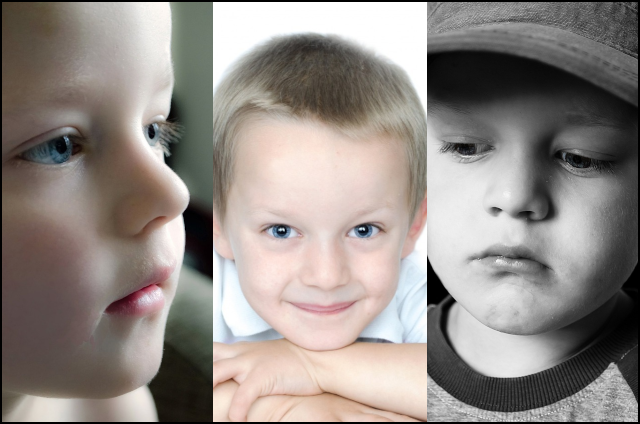
The question still begs to be asked: “Why does a child make such sweeping and self-limiting choices in the first place to become a Visitor or a Victim instead of a Victor?” Surely we would all choose to be a Victor first.
Visitors and Victims exist simply because survival is the prime concern for the child we all once were. In the story of Alex and Tamara, as well as in the story of Beth and Roger (remember them?), the way they conduct themselves in an adult relationship is determined by how they decided their lives would be when they were still children.
It does not take long for a child to figure out that since he or she cannot take care of him- or herself, the adults nearby must meet all the child’s needs. Therefore, every moment of separation from caregivers can be felt as a threat to survival.
In addition, children simply don’t have the ability, emotionally or intellectually, to make better decisions for themselves: there is a power difference between the child and the parents (if for no other reason than that the parents are bigger). Children have limited skills to contemplate options to behave differently or to manage the stress that an unstable home creates for them.
Finally, a child simply lacks the information that a lifetime of experience offers. Experience could open the way for someone to consider other choices other than simply being taken on a ride without any direction or control.
So, when a child cries, hopefully an adult comes to help. Further, since a very young child doesn’t yet have the capacity to express him- or herself in words, adults are forced to guess the reason for the upset and what it is the child might need.
Sometimes, these guesses are quite accurate, while at other times, they aren’t at all. When they aren’t, the child must feel especially vulnerable, particularly when left in the care of an adult who isn’t the usual caregiver and who has no idea what the child is attempting to express or doesn’t care enough to find out.
And if the fundamental needs aren’t being met, it creates even more stress for a small child.
The same child’s script for survival progresses further when the social dynamics in the house change—for example, when the child becomes a toddler, and/or the toddler’s parents have another child.
Adults may only understand a new child’s effect on the toddler as a drain on the time they have to attend to him or her, not a reduction in their love or concern for the toddler’s welfare. But the toddler may perceive it as a threat, sometimes leading to doubts about how these same two adults can really have enough love for yet another child if they can’t love the older one the way he or she wants.
To the wonder of you,











Leave a reply